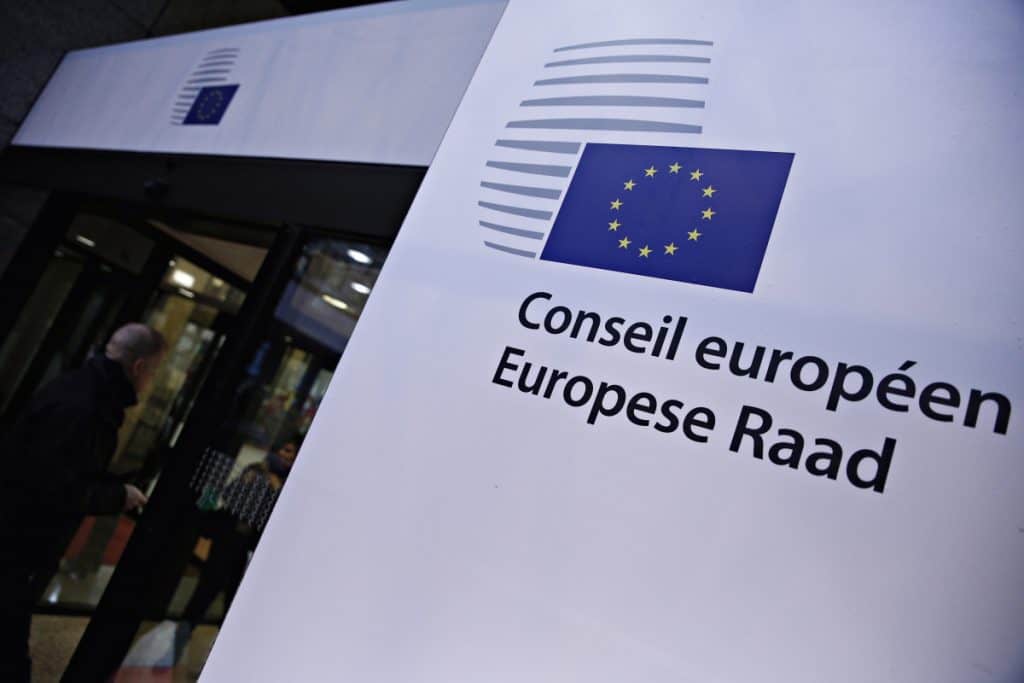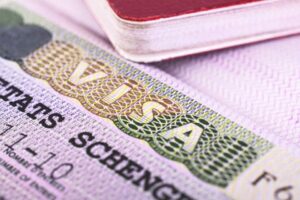The European Council has updated their recommendations made official on 13 May 2020 regarding COVID-19 policy for EU/Schengen Member states to begin reopening while still facing the pandemic. The updated recommendations were published in pdf format in a press release available here.
The updated policy recommendations are related to cross-border travel, and include the following subjects:
- Progressive restoration of transport services and connectivity (such as bus, air, rail, and sea transportation)
- Progressive resumption of tourism services and health protocols in hospitality establishments (such as restaurants, hotels, resorts, etc.)
The Council has suggested a united approach to the resumption of these services. However, Member States have not followed a common approach the majority of the time regarding COVID-19 policy.
The Council suggests that Schengen Member States promote the following measures:
- Travelers should keep a safe distance form each other whenever possible, with the exception of family and household members.
- Travelers should reduce physical contact with other people.
- Border crossings should be done in such a way that they will minimize contact between staff and passengers.
- Travelers should wear face masks covering their entire mouth and nose on all forms of public transport.
- Transportation services should provide adequate circulation of fresh air.
- Transportation services should intensify their cleaning efforts in passenger vehicles.
As for the specific forms of transport, the Council also suggested that:
- The aviation industry should follow guidelines and recommendations of the European Union Aviation Safety Agency (EASA), the ECDC and the International Civil Aviation Organization (ICAO).
- The maritime transport sector should follow the guidelines and recommendations of the European Maritime Safety Agency (EMSA) and the ECDC.
- The rail transport sector should follow the guidelines and recommendations of the European Union Agency for Railways (ERA) and the ECDC.
The Council recommends that Member States encourage these measures in their transportation and hospitality sectors by running publicity campaigns, with the goal of increasing the confidence of travelers coming to Member States as they begin to open up.
“[The European Council] ENCOURAGES Member States and responsible entities to continue to conduct information and publicity campaigns in order to strengthen travellers’ confidence by raising their awareness of the measures taken to contain the pandemic including discouraging travellers from embarking any means of transport when experiencing symptoms of COVID-19,” the announcement reads.
The Council makes it clear that the suggestions made, if applied by Member States, will only be truly effective if every party involved (passengers and staff) are fully aware of the procedures that they will need to follow in order to achieve the goal.
“[The European Council] CONFIRMS that cross-border services will only operate smoothly if the measures for all modes of transport are transparent and communicated clearly so that passengers know before the start of their journey whether obligations and recommendations apply at their place of departure and destination and to the means of transport they will be using, and if so, what those obligations and recommendations are; and that this information is updated regularly as to ensure its reliability,” the announcement reads.
Each Member State’s rules regarding COVID-19 travel restrictions, the lifting of travel restrictions, and rules for travel and hygiene are determined by each individual Member State. Although the European Council suggests that Member States follow their recommendations, they sometimes choose not to. Therefore, it is important to note each Member State’s regulations when you are travelling to different European and/or Schengen countries.











